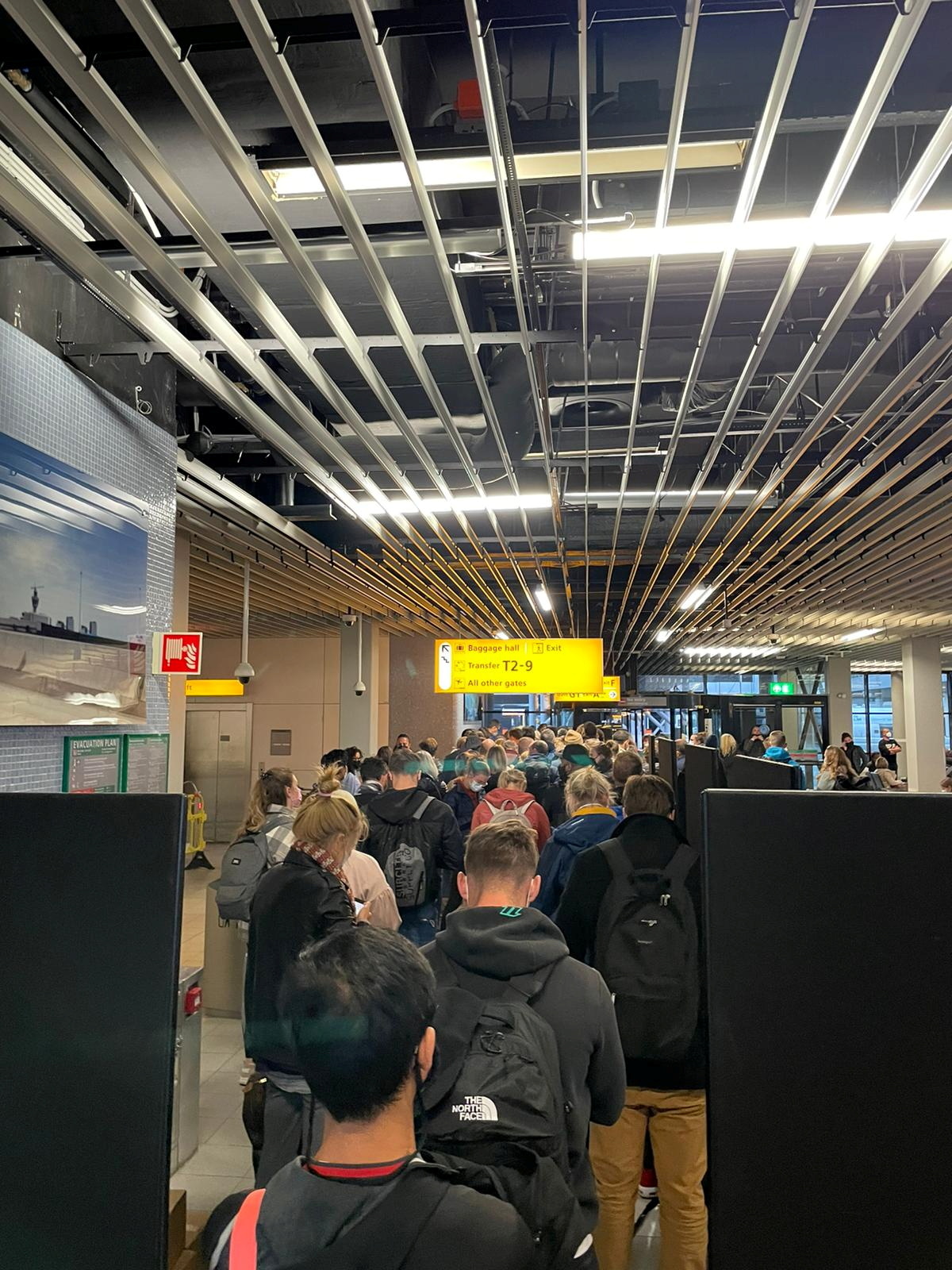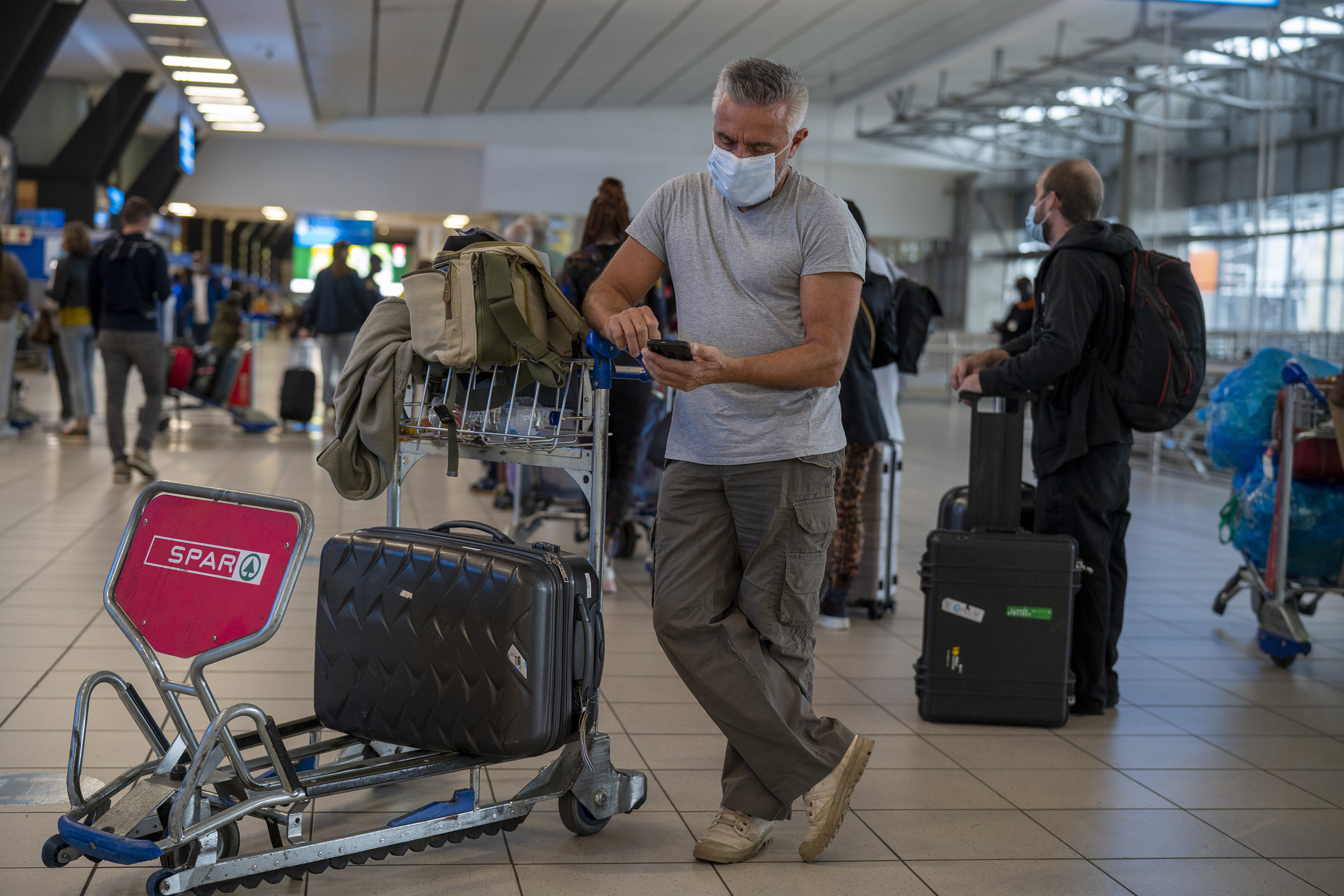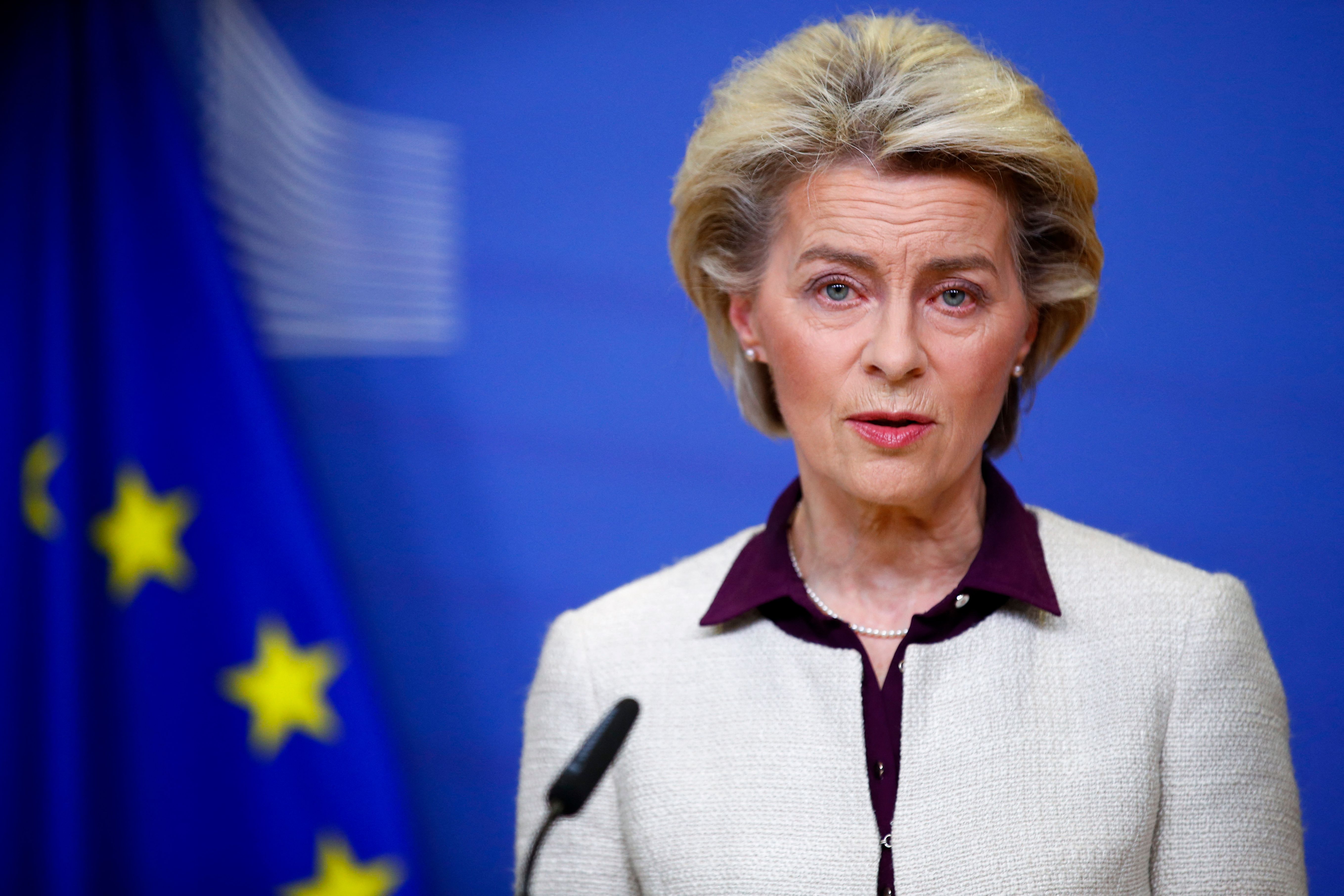The World Health Organization will label the new Covid-19 variant as a "variant of concern."
"There was a meeting today, WHO and the technical working group on virus evolution, and it has been agreed to classify this variant as a 'variant of concern,'" Dr. Mary Stephen, technical officer at the WHO regional Office for Africa, told CNN's Zain Asher.
WHO's Technical Advisory Group on SARS-CoV-2 Virus Evolution (TAG-VE), an independent group of experts, convened Friday to discuss the new variant.
The advisers recommended that WHO designate the variant as "of concern," referencing the variant's large number of mutations, possibly an increased risk of reinfection and other evidence.
A statement released by the WHO added that the new strain will be given the name Omicron.
"Based on the evidence presented indicative of a detrimental change in COVID-19 epidemiology, the TAG-VE has advised WHO that this variant should be designated as a VOC, and the WHO has designated B.1.1.529 as a VOC, named Omicron," the statement said.
The variant was first discovered by South African health authorities and has sparked a forceful reaction across the world with a number of countries banning travelers from several southern African countries.





